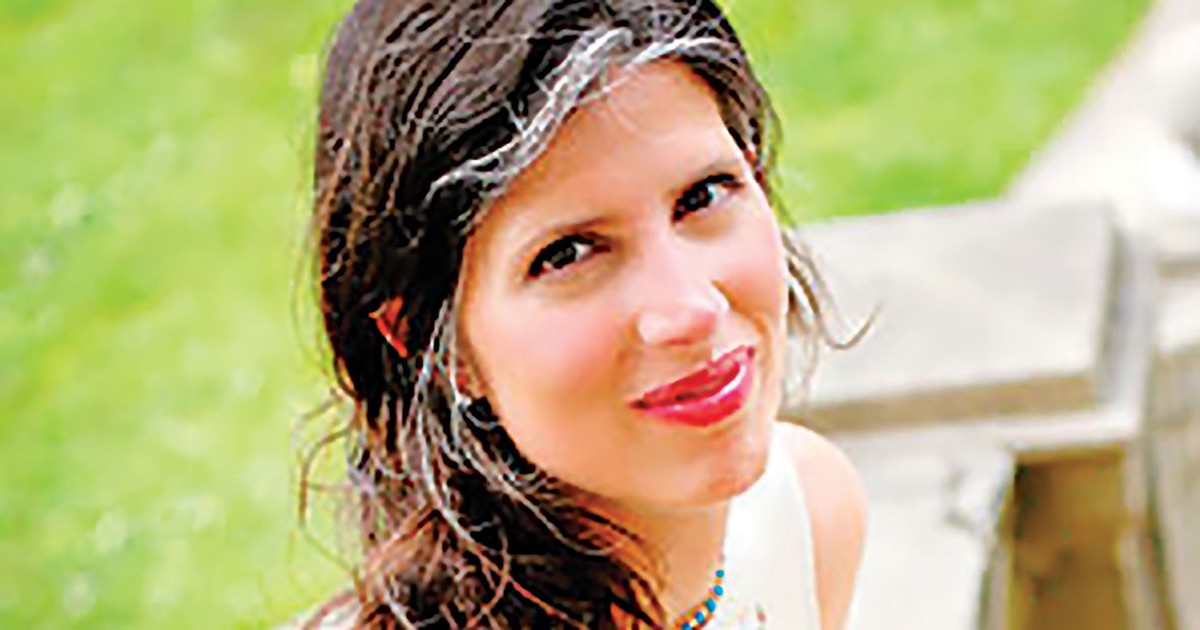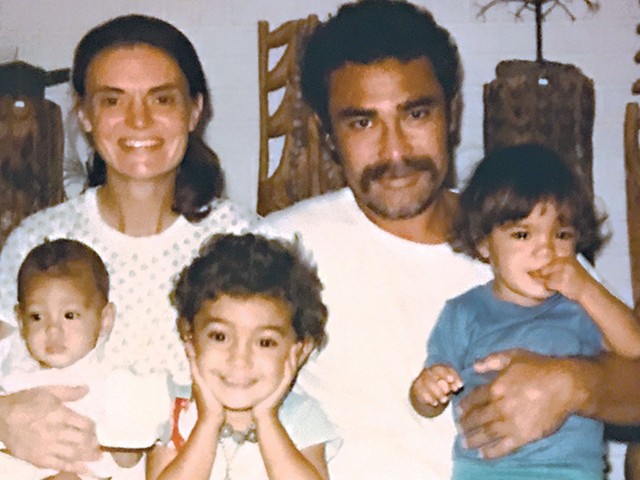Sometimes, you can’t go home again. Retreads, do-overs and remakes, for all their nostalgia, are risky investments at best, particularly when the initial entity was exactly on time — the perfect vehicle to capture the zeitgeist. Why screw up a good thing? Or in the case of the new “Roseanne” show, why resurrect a character (and a comic) whose edges were so razor sharp in the ‘80s that they could cut flesh. Time, technology and plastic surgery have literally and figuratively dulled those edges to the point of irrelevance. Whose bright idea was it to take what was an in your face, I don’t give a fuck, overweight in the age of heroin chic, caustic, subversive, woman comedian and repackage her in the age of a reality TV president as a unifier of divided Americans?
Partially, it was Whitney Cummings’ idea. A writer, director and comedian, Cummings is not a Trump supporter, but hopes the new show will help people like her escape a liberal echo chamber and allow maligned Trump supporters to “feel seen and heard.”
In a New York magazine article, Cummings praised the old “Roseanne” for its window into the hard-scuffle, working-class reality of Americans that viewers don’t see today. The new show, she wrote, is to make us laugh and be “nettled” by the characters and their conversations to prompt us to learn from each other. The show is supposed to be like “All in the Family,” with Rosanne as Archie Bunker. As Edith would say about that: “Ohhhhhhhhhh Archie.”
I’m skeptical of Cummings’ professed purpose in agreeing to write the “Roseanne” reboot, as she clearly understands how important timing is. “Roseanne” the original felt almost organic. The reboot feels as fake as the Sweet’N Low I asked for in Paris pour ma café. When the waiter looked at me quizzically and asked, “saccharine?” ashamedly I said, “Oui.” Je suis une American poseur.
Cummings understands the power that curated and manipulated images have over us and the danger that taking them at face value may pose to a career or a country, for instance. She values authenticity, as evidenced in a recent New York Times article she wrote about her visit to WolfConnection, a wolf sanctuary, to process her grief over her father’s death:
“So much of what we look at now is airbrushed, laced with a complimentary filter and color-corrected, but encountering a wolf in the flesh makes you realize how all those ersatz finishes, meant to improve the image, actually kind of ruins it. In the quest to make things flawless and beautiful, we remove the grit and spirit, the qualities that actually make them interesting.”
The allure of “Roseanne” the show and the old persona is how they embodied the real-life struggle of the underdog. Redneck Roseanne and her clan told a sort-of 1980s “Aesop’s Fable” for working-class families. Twenty-first century Roseanne, on the other hand, is like the polished apple the evil queen wants us to eat, but we know something isn’t right. The smirk may still be there, but she can’t fake the attitude inherent to the future success of any underdog: “Just wait. I’ll show you.”
Americans, as polarized as the media tells us we are, believe ultimately in justice and fairness, even if we have different ideas about to whom it applies. The popularity of sitcoms or dramas of yesteryear, including “Roseanne,” lay in their presentation and resolution of a problem within 30 minutes.
Twenty years later, the internet, with its incomparable potential to unite us, in fact, seems to accomplish the opposite, by presenting a million problems simultaneously with no resolution. Reality is distorted in the process, which is the best explanation I have for President Trump.
Perhaps, Cummings is right that we can find common ground between the poles (and polls) if we take a minute to walk in someone else’s shoes, but to do that we first have to cut through a lot of analog and digital garbage, including our own bias and prejudice.
The key to a reboot, personal or political, may be to get quiet, be as real as we can tolerate and focus on creating the new, rather than trying to resurrect the dead. When resources dry up in the wild, wolves know to search for more fertile ground. We can learn a lot about how to live together from nature and how to discern the real from the false. First, turn off our screens.






